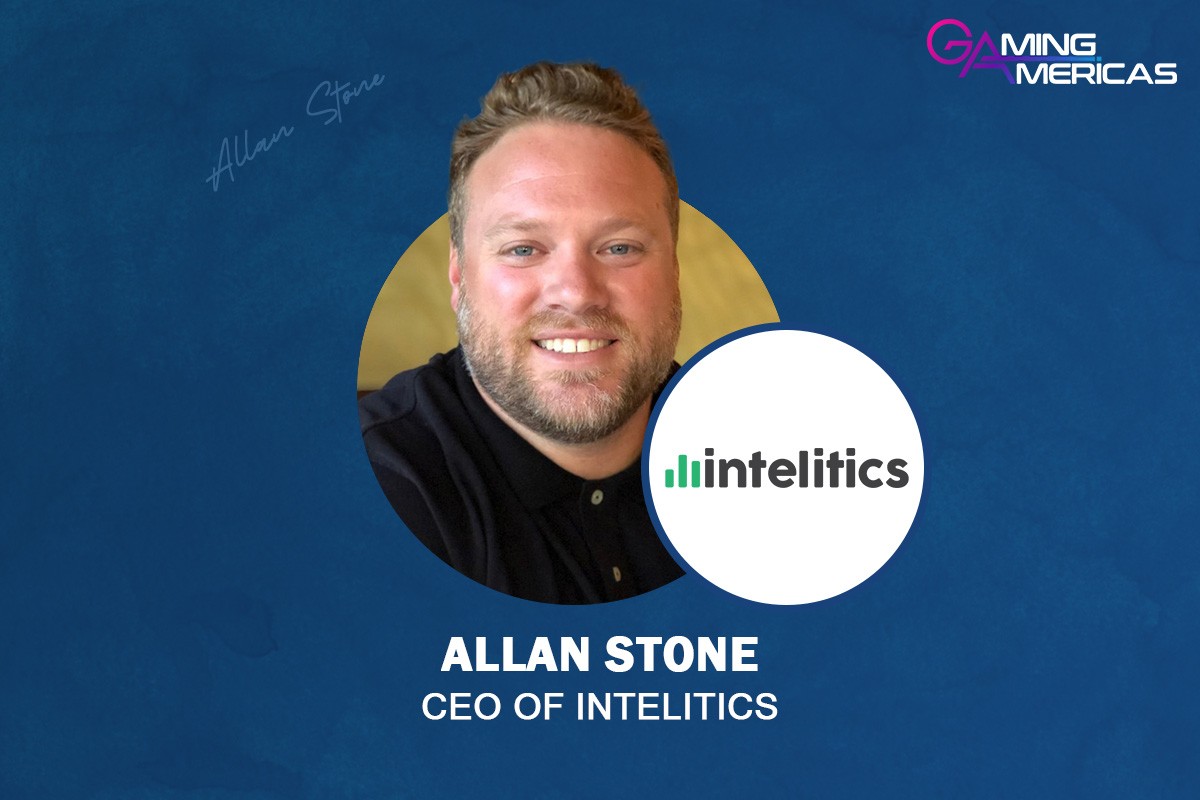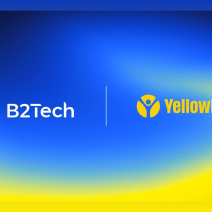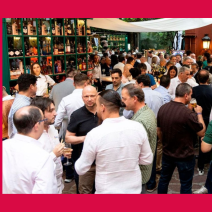
Allan Stone: Player retention – keeping players coming back in the age of sky-high acquisition costs
In your view, why do you think player acquisition costs are reaching record-high levels?
Allan Stone: We’re starting to see the impact of many of the privacy standards implemented. There is the Cookie deprecation that’s happened across both Google and iOS, as well as a lot of the ad identifiers being blocked by default, as opposed to as a setting that users can turn on. Operators haven’t been able to truly understand what the impact of this has been. They’re having to spend much more to achieve the same level of performance, simply because they don’t have a good understanding of the systems in place to hone in on where they are spending money to acquire players. As a result, operators are having to spend more money acquiring players that maybe aren’t the best quality and will likely churn.
From a regulatory perspective, especially in the US, there has been a bit of a slowdown in markets opening. We had an initial gold rush here in the US, but now, fewer states are coming online. We’re seeing a pullback on ad spend; even though it costs much more to acquire new players, operators aren’t spending as much as they used to. I think that’s an effect of over saturation in the market. Players have seen all these different products and different brands that are available to them. Essentially, the core products have become very commodotised. Every operator seems to offer pretty much the same slots as everyone else does.
What’s interesting is that if you’re to walk into a bunch of different casinos in Las Vegas, once you walk past the front doors, they all look and feel the same from a gaming perspective. Where they differ is through the experience that you get while in the casino; the design, the hospitality, etc. Those players that tend to play offline are starting to look towards those secondary offerings outside the core betting portfolio, they’re seeking more of an experience.
I think that we haven’t seen that in the digital space yet. There is very little differentiation in user experience on one betting app compared to the others. Operators need to take the time and energy to really personalise and customise their user experience to individual players. When that starts to happen, this is when you start to see an increase in acquisition costs. But then you will also see a consolidation in those costs – operators will start to become more efficient, cost savings will come into play, and that is when these brands can really differentiate themselves from one another.
What’s the secret to keeping players coming back in the long term?
Allan Stone: In a word, personalisation. It’s plain and simple. The more that brands can understand player behaviours and continue to create personalised experiences, the more they will keep players coming back in the long term.
I’ve heard a few different product people talk about how they can try personalise the experience further, and one idea was to emulate the experience that you get from apps such as Tinder where you swipe left or right to bet on different markets. What they realised was that the younger generation of players – who maybe weren’t as valuable – enjoyed that product feature, but their core betting customers weren’t as engaged. Operators are waking up to that now. If you want players to remain around, you’ve got to give them a reason to stay other than simply rolling out the same products as everyone else.
For a lot of the North American brands, they’ve done a great job of tying their iGaming and sports betting experience into their land-based properties. As time goes on, and the market continues to mature, you’ll see much more of that starting to happen. The land-based and digital experiences can complement each other really well, when done right; operators need to make sure they have that streamlined experience across all touchpoints. Brands should be going beyond the standard, core betting experience and instead delivering something much more holistic, and much more personalised to each customer.
Historically, we’ve beta tested location-based suggestions during NFL games, whereby if someone opened up a betting app while in a stadium, then that would be a good indicator of what markets they would be looking to bet on. They’re more than likely wanting to bet on the game that is taking place in front of them. Operators could use this opportunity to offer micro betting markets, or player props to that player. We know that the technology is there to do this.
How do these approaches balance the need for immediate engagement with long-term loyalty?
Allan Stone: A lot of the data and technologies that exist to support operators from an AdTech and MarTech perspective, at least from an acquisition side, has not been great. But we are starting to see that change. Operators can no longer leverage 20-year-old technology to solve a modern-day problem. They need to get granular with the data that they have at their disposal and understand where they can improve their media buying efforts. They need to find out how many players they acquired, what their lifetime value is, whether there are any similarities and trends between those players. From there, operators can then optimise their campaigns to focus on just acquiring those players.
There is much more that operators can be doing to leverage their data at scale and create massive efficiencies in their player acquisition – that, ultimately, would bring down costs. If you can create those efficiencies, you can theoretically reduce your costs by 20-30% which is a huge saving.










